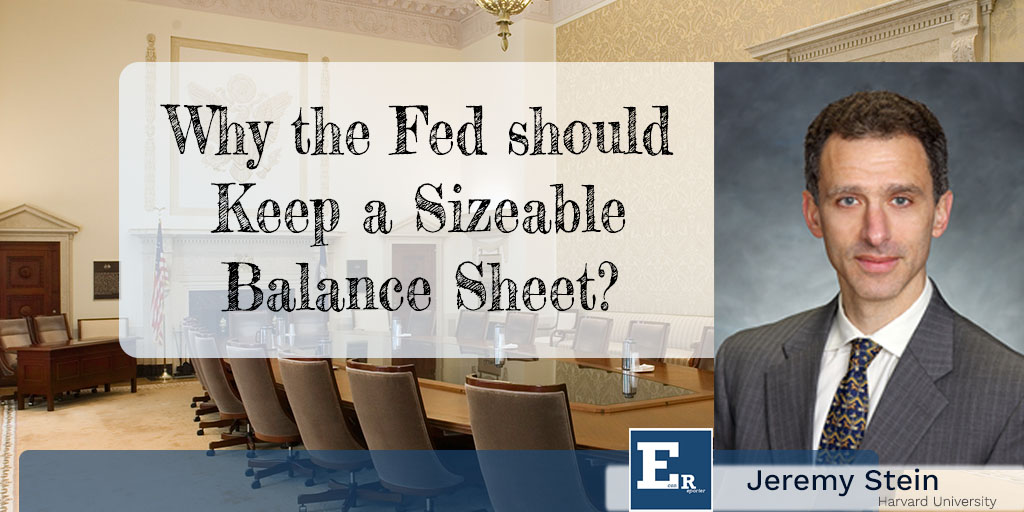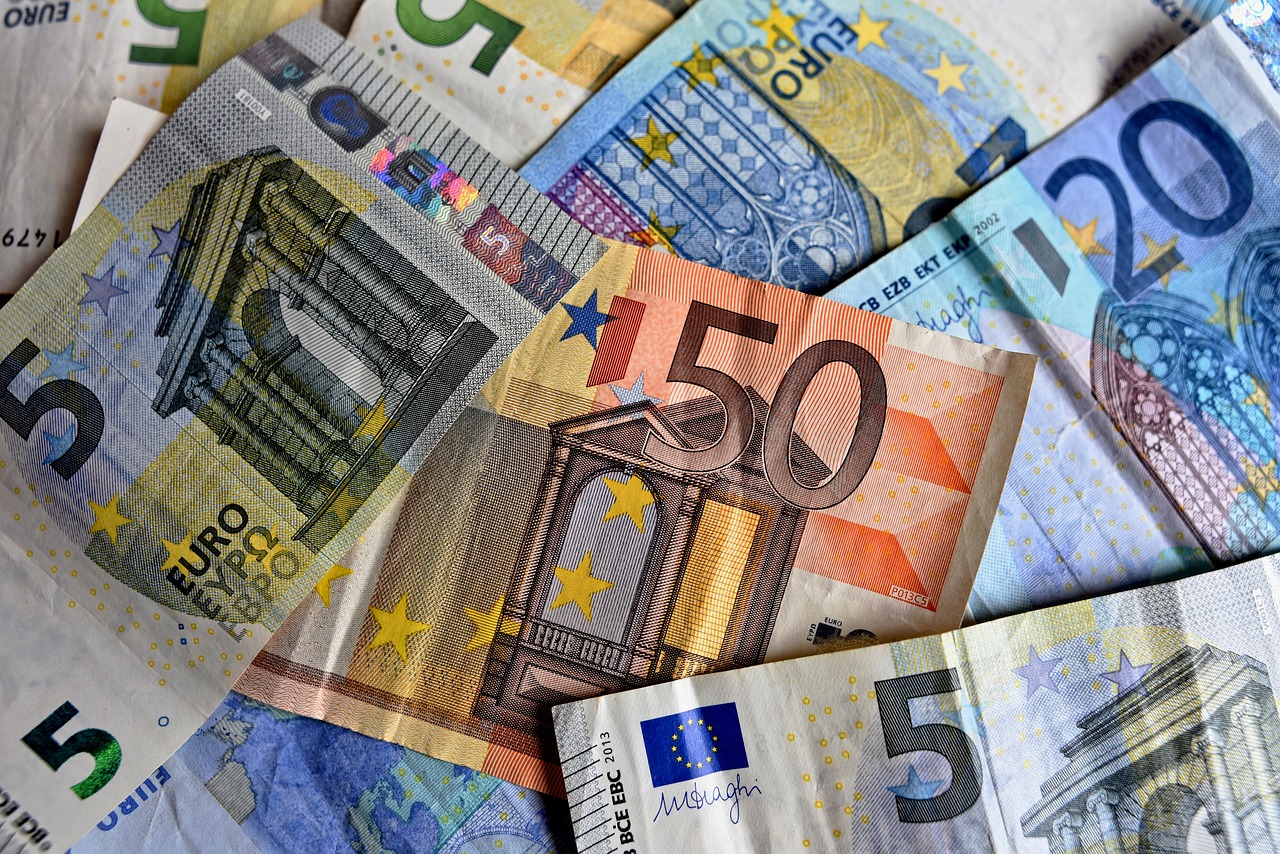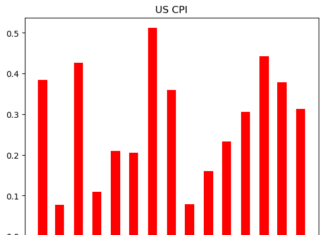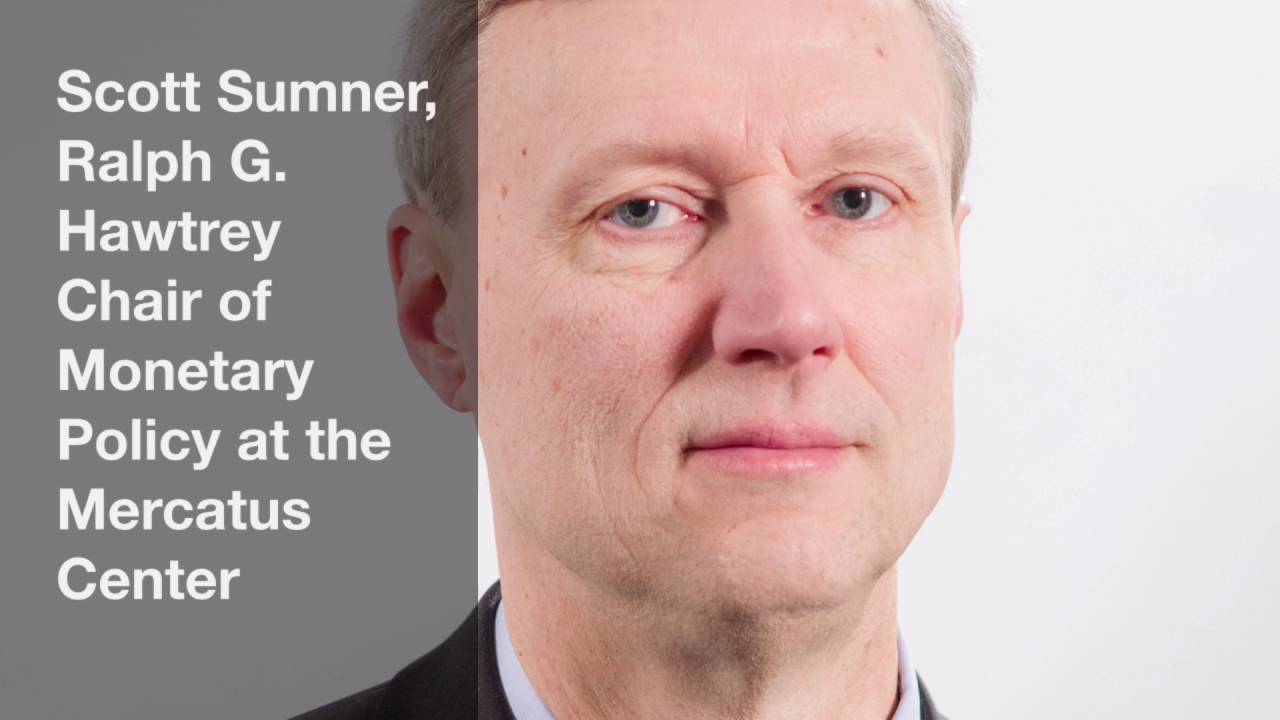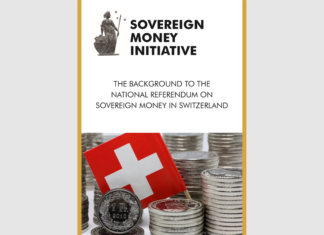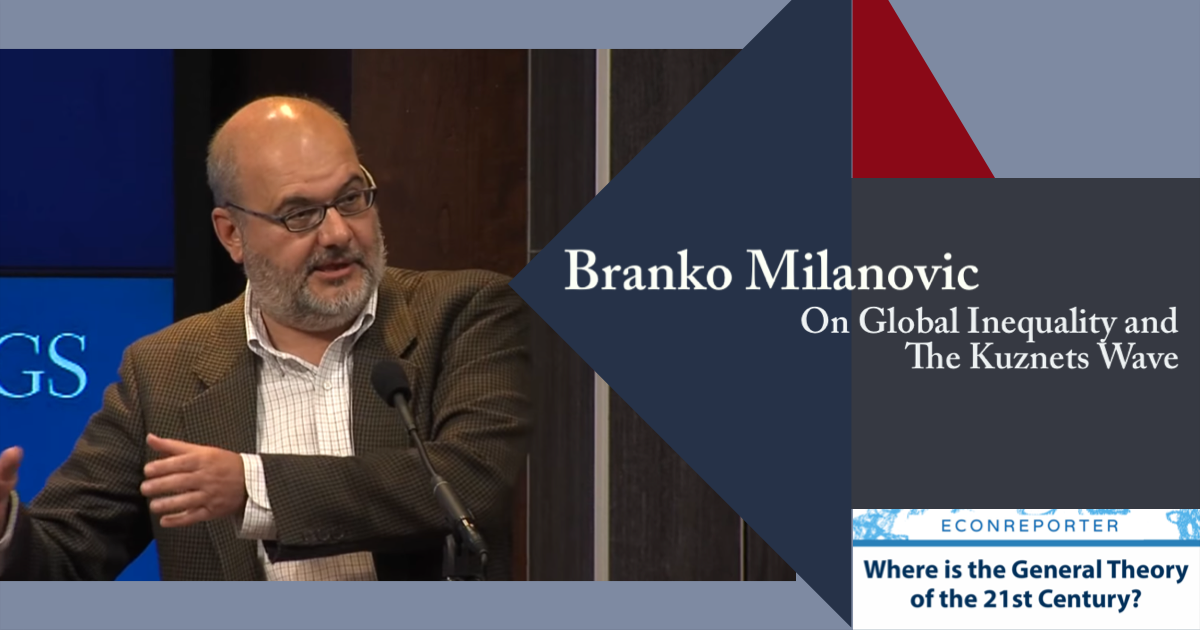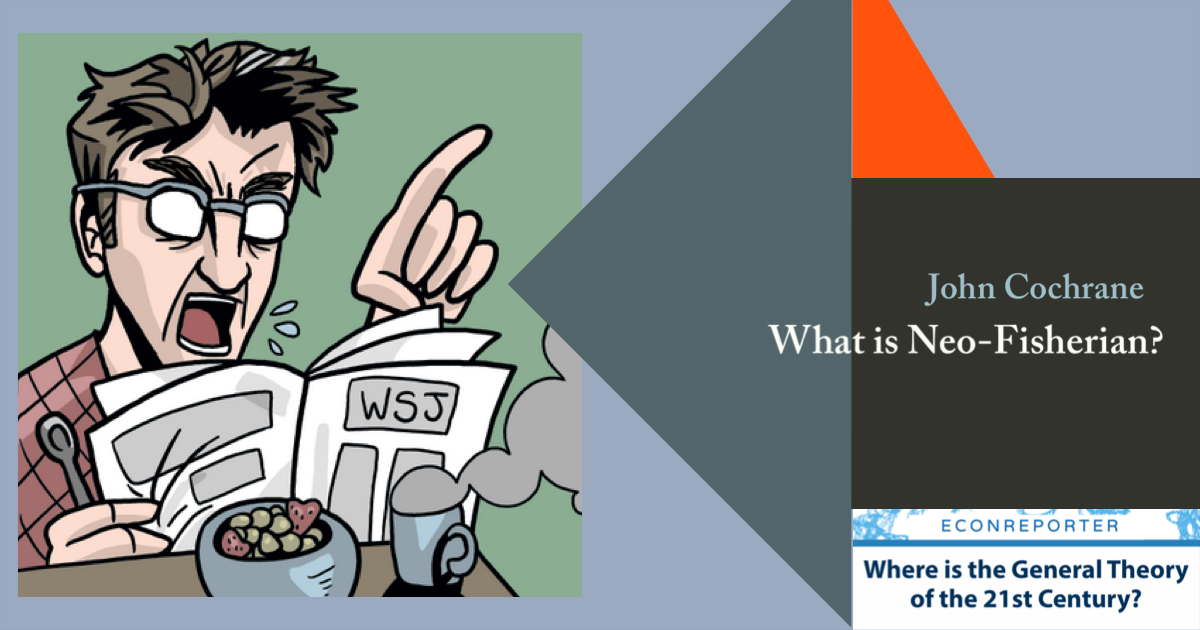Bank Equity and Banking Crises
In a recent study "Bank Equity and Banking Crises" by Matthew Baron (of Cornell University), Emil Verner (MIT Sloan), and Wei Xiong (Princeton University), the three economists developed a comprehensive database of bank equity prices and banking crises with a full-sample of 46 countries from 1870-2016. They try to understand the dynamic between bank equity decline and banking crises.
The repo spike is not liquidity crisis; it is a crisis for Fed’s floor...
The floor system needs a cap on top of it. The sooner the Fed realizes it, the better they will be prepared for the coming financial turmoil.
Hong Kong dollar amid ‘Asian Financial Crisis in reverse’ — basic explainer
An explainer on how Hong Kong Linked Exchange Rate System works, what Aggregate Balance is, and how interest rate arbitrage help maintains Linked Exchange Rate System.
When will Hong Kong’s Interest Rates Align With the US?
If you think the interest rate gap between Hong Kong and US is a market phenomenon, think again. HK Monetary Authority has a much bigger role than you think
Why the Fed should Keep a Sizeable Balance Sheet? | Q&A with Jeremy...
Jeremy Stein, former Federal Reserve governor, talks to us about his recent research “The Federal Reserve's Balance Sheet as a Financial-Stability Tool” and why the Fed should maintain a sizeable balance sheet.
Nonbank Lending
In their recent working paper "Nonbank Lending", economists Sergey Chernenko, Isil Erel, and Robert Prilmeier provided an insightful overview of the sources and terms of private debt financing during the post-crisis period.
How to make US inflation chart by pulling data from BLS API with Python
An important question is how do we get the series IDs for the data you need. The short answer is through BLS's Data Finder
Market Monetarism and Macroeconomics | Q&A with Scott Sumner |
This is the second installment of our interview series "Where is the General Theory of the 21st Century?".
In this second installment, we continue...
100% Reserve System is coming? – The Swiss Sovereign Money Referendum
The Swiss sovereign-money referendum, also known as the Sovereign-Money Initiative, which aims to creates a safe and crisis-free, yet experimental, banking system in Switzerland will be held on 10th June.
Global Inequality and Kuznets Waves | Q&A with Branko Milanovic |
Welcome to the latest installment of our interview series “Where is the General Theory of the 21st Century?”
“Where is the General Theory of the...






